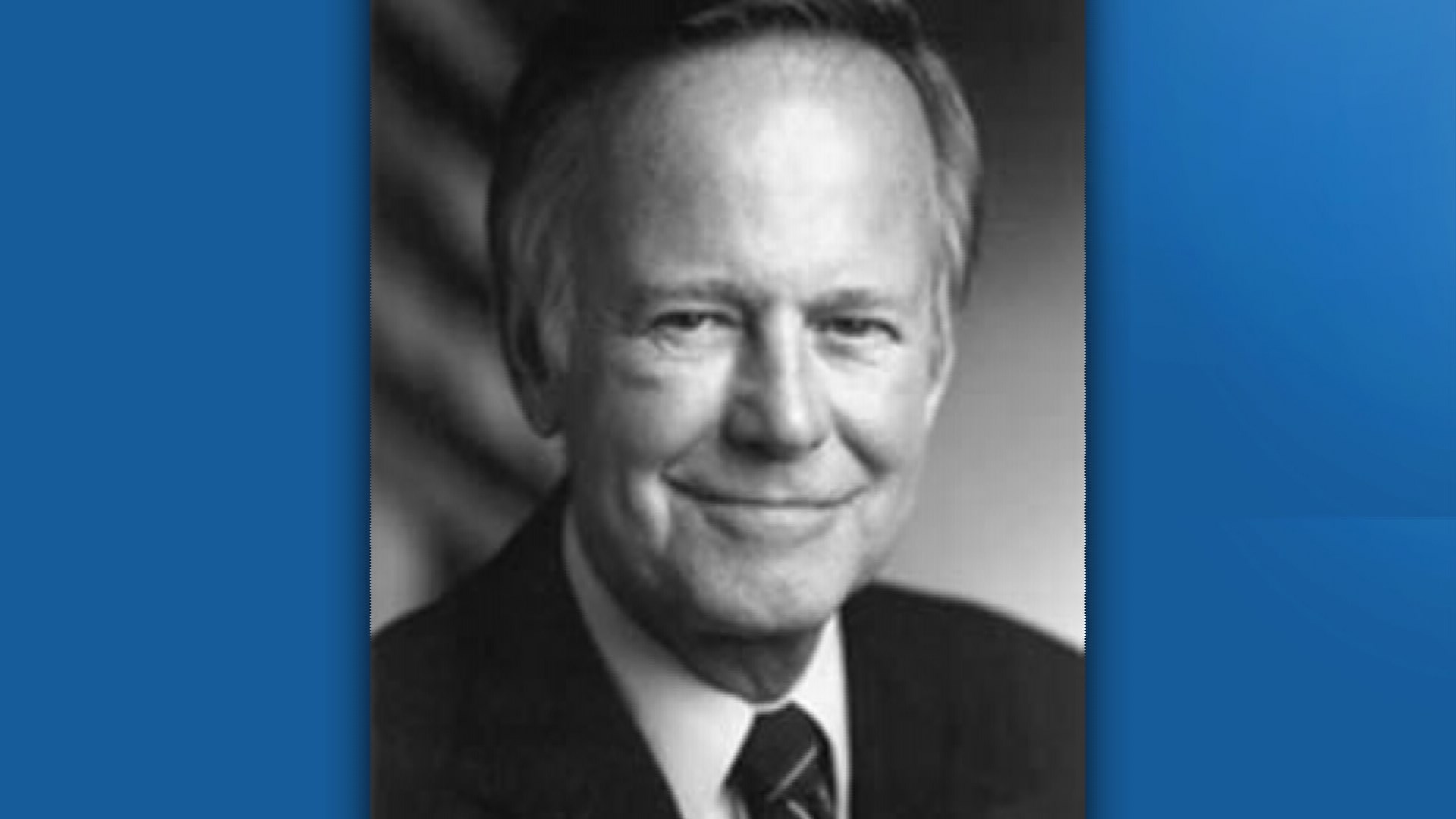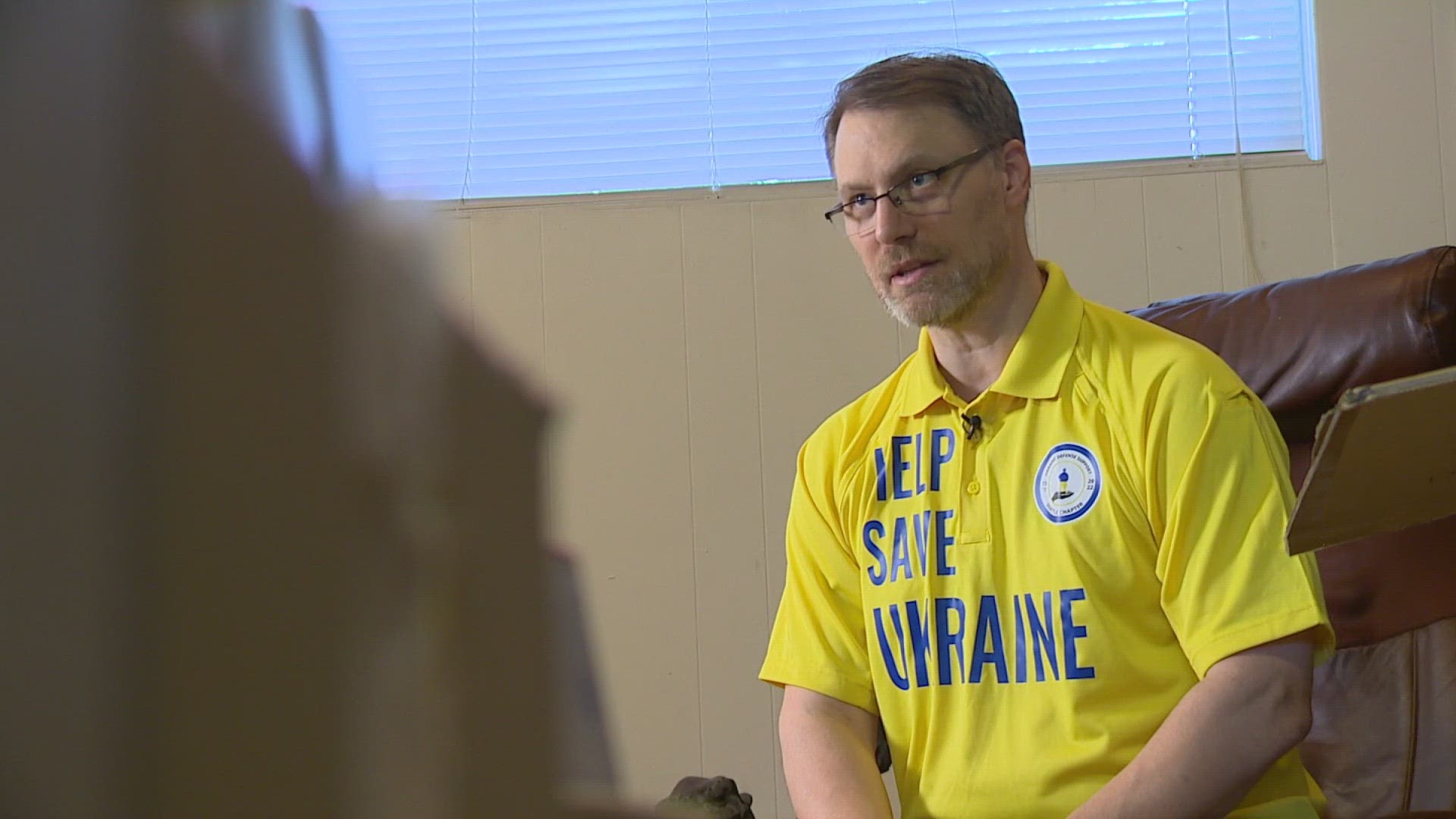#MeToo is a message and a movement that's gone viral, in the wake of the Harvey Weinstein sexual abuse scandal. But, it's movement that's really been decades in the making and has a connection to Washington state.
One of the women who paved the way for others to come forward is Kari Tupper of Seattle who accused former Washington Senator Brock Adams of sexual assault in 1988.
“In some ways I was a pioneer, unwittingly. I didn't really mean for my story to come out, but now it's one of many,” Tupper said.
Nearly 30 years ago, Tupper, then a 24-year-old congressional aide, came forward to police alleging that the powerful Democratic U.S. Senator drugged and assaulted her.
“It was clear to me that I needed to do something,” recalled Tupper of the time. “That I needed to speak up for myself, in order to preserve my own sense of integrity with myself and preserve my sense of dignity, you know, my value.”
Related >> #MeToo: Amity Addrisi shares personal story
Charges were filed, but Tupper’s case never made it to a courtroom.
“The police asked for a warrant for Brock's arrest, and the prosecutor, who never interviewed me, said she's not credible,” Tupper recounted.

Adams denied all allegations and called Tupper a liar. However, once the first news stories surfaced, additional accusers started calling and coming forward.
Four years later in 1992 The Seattle Times published what then-executive editor David Boardman recently described as likely “the first expose of a man in power habitually using his position to abuse women.”
The headline back then read: “8 More Women Accuse Adams—Allegations of two decades of sexual harassment, abuse and a rape."
“It took them four years to get the story,” said Tupper. “Nearly four years from 1988 to spring of 1992 to get that story—to get people to agree to go on the record, even without their names. That’s how scared people were.”
But it was that critical mass of people coming forward that caused Sen. Adams to withdraw his bid for re-election—and also helped Tupper to heal at a time when others couldn't or didn't want to believe her story.
“He couldn't possibly have done something that foolish, as to drug and sexually assault the daughter of a close friend of his,” she recalled people saying at the time.
“I think one of the things that has significantly changed is people's willingness to accept that powerful people do reckless assaultive things to those with less power,” Tupper continued. “What hasn’t changed is there’s still a shocking and unacceptable amount of sexual harassment and sexual assault.”
#MeToo, spreading like wildfire online, highlights the pervasiveness of the problem, with no one industry immune.
“People need to continue to be brave and report it, and laws need to be enforced,” said Tupper.
Speaking out, she argues, remains a key part of changing the culture.
“When we’re silent, we reinforce our victimization,” said Tupper. “We’re most diminished, we’re most powerless when we can’t even speak about our experiences. Just the act of speaking is a form of resistance—no matter how broadly you speak—to me that’s the starting point.”
Editor’s note: An earlier version of this story erroneously stated that Kari Tupper alleged rape; she alleged sexual assault.


